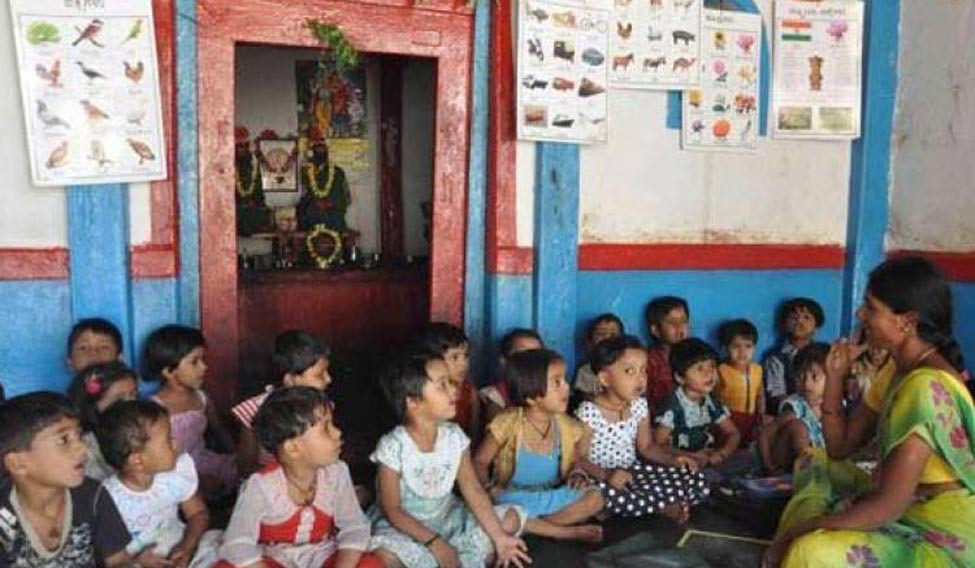As the recent infants deaths in Gorakhpur highlight the breakdown of the state's public health system, a new study has revealed the implementation failures in Uttar Pradesh's Integrated Child Development Services, a social welfare programme that provides food, preschool education and primary healthcare to children under six years of age.
Published in June, the study was undertaken by The School of International Development –University of East Anglia, UK, and is titled India’s food security entitlements: implications for agriculture and nutrition. It was funded by the Leveraging Agriculture for Nutrition in South Asia, an international research partnership.
Findings from the implementation of ICDS from UP show worrying trends in the state—corruption, and high staff absence from duty have rendered the ICDS “near dysfunctional", it says. The study reveals the pathetic state of affairs at the anganwadis (rural mother and childcare centre). Apart from serving as a centre for monthly immunisation services, few services of consequence are provided at the aanganwadi, it says. These centres are usually closed, and even when open, they are "unattractive" and used "by a fraction of eligible children".
The study also highlights corruption by service providers, especially in the case of the Take Home Rations (THR) and the Hot Cooked Meal services. For instance, a large portion of daliya supplies are lost in leakages. Anganwadi workers make “illegitimate monthly payments of Rs 500 each – to be shared through representatives of the system – in lieu of daliya supplies”, the study says. Only a small proportion of the daliya supplies are distributed to the community, and a majority is sold as “cattle feed”, with “each sack containing 20 packets of 1-kilogram daliya traded for Rs 200”.
Funds for hot cooked meals have been inconsistent and available for approximately six months in the year, the authors point out. The majority of supervisory and managerial staff live in the state capital, which is far from the district centres, a fact that the study says contributes to “staff absence and cripples a programme where field presence is indispensable”.
The findings assume even more importance when juxtaposed with the state of child nutrition in UP. According to a report by the International Food Policy Research Institute (IFPRI), in UP, stunting among children under five years of age ranges from 32 per cent to 65 per cent. Stunting is the impaired growth and development children experience from poor nutrition, repeated infection, and inadequate psychosocial stimulation. Children are defined as stunted if their height-for-age is more than two standard deviations below the WHO Child Growth Standards median. In 61 out of 71 districts, more than 40 per cent of the children are stunted, according to the IFPRI report.




